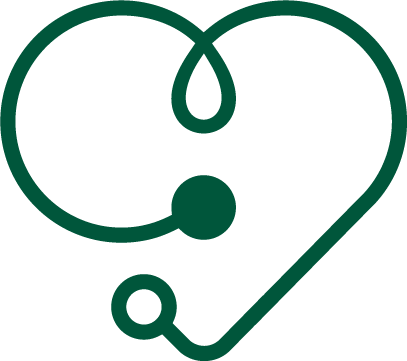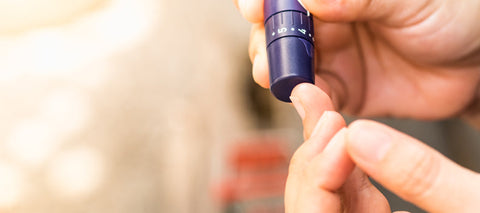Struggle to get out of bed in the morning? Feel sluggish by lunchtime? Fighting to stay focused throughout the day or just plain exhausted? It might be time to address your diet.
Low energy levels can strike at any time and their impact can be more than just an annoyance to your day. Which is why it could be a good idea to take a look at some common energy-zapping foods and some simple alternatives.
Before we do that though it is important to be aware of some other factors that may be contributing to your lack of energy along with your diet:
- Stress
- Lack of sleep
- Dehydration
- Iron deficiency
- Too much or too little physical activity
- Thyroid issues
Energy-zapping food and drinks
1. Red meat
Iron deficiency is one of the most common causes of fatigue and is estimated to affect around 10% of women in the UK. Red meat is often considered a solution to this issue. But that could be a mistake: while red meat is abundant in dietary iron, it is also high in fat. High-fat foods can take a lot of energy to digest, leading to constipation, bloating and fatigue.
Instead, try some plant-based sources of iron. Good options include lentils, chickpeas, beans, tofu, cashew nuts, chia seeds, pumpkin seeds, spinach and quinoa. To maximise absorption, pair an iron-rich food with foods rich in vitamin C – e.g. a roasted pepper stuffed with quinoa, lentils and pumpkin seeds.
2. White carbohydrates
In processed grains (such as those found in white rice, bread and pasta), the outer layer of the grain containing the fibre is removed. White foods therefore have less fibre and are digested and absorbed more quickly than whole grains. This creates a rapid rise in blood sugar levels, followed by a sharp fall and a resulting drop in energy.
In contrast to this, whole-grain foods actually help to regulate your blood sugar levels to keep your energy stable throughout the day.
Try swapping out the white carbohydrates you consume for the wholegrain version. This will give your body more nutrients and help to prevent white-carb related energy crashes.
3. Red wine
Enjoying a glass of red wine may seem like a nice way to relax in the evening, but it can actually disrupt your sleep. You might fall asleep quickly; however, as the alcohol metabolises, your adrenaline can surge. This means you are more likely to wake up during the night. For a more restful night, try to avoid alcohol at least three hours before bed.
4. Salty foods
Sugar is not the only culprit that will drain you of your energy. Salty foods can also leave you feeling energy-depleted by leaving you thirsty and dehydrated. Experts tell us that even mild dehydration can leave us feeling fatigued. That doesn’t mean a quick snack will necessarily cause tiredness, but a diet high in salty foods just might. Try swapping crisps for unsalted peanuts, avoid adding salt to foods and make sure to drink around two litres of water each day.
5. Fried foods
Fried foods tend to be high in fat and low in fibre. Two red flags for your energy levels, as they can slow your digestion. Sluggish digestion can slow down the speed at which energy-boosting nutrients enter the body, thereby delaying the energy increase you would expect following a meal.
Fried foods also tend to have low vitamin and mineral content and eating them too frequently can even negate the positive, energy-boosting effects of nutrient-rich foods in your diet. Try to limit fried foods in your diet as much as possible.
6. Coffee
Often seen as the go-to for a quick energy boost, your daily coffee fix could be causing more harm to your energy levels than good. While coffee can offer you a temporary energy boost by activating your nervous system, once the initial effect fades, you may be left feeling more tired than before.
What’s more, the longer-term impact of caffeine on your nervous system can result in you generally feeling tired and irritated, sometimes with a lingering headache. And depending on when you drink your last cup, it can even interrupt your sleep. Aim to avoid drinking coffee after lunchtime or else opt for decaf.
While people commonly use food and drink to power them through the day, the foods and drinks above are more likely to drain your energy than fuel it. Having these items in moderation is not likely to cause any long-lasting issues. But, if you regularly suffer from low energy levels, you may benefit from cutting these foods out completely and making the swaps suggested above.












